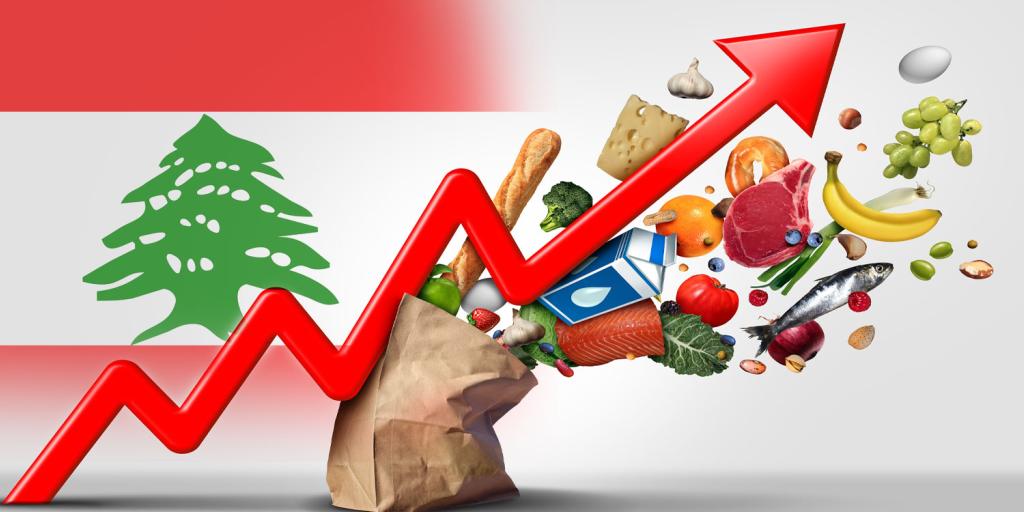
A Taste of the Future in Lebanon
The people of Lebanon are suffering under severe inflation, turning the U.S. dollar into the preferred local currency over the Lebanese pound (Deutsche Welle, May 8, 2023). Prices for goods are doubling, including the price of olive oil, the crucial, locally produced cooking staple. For many, this once-ubiquitous household product is now beyond their financial reach. This, in a country where the national minimum wage for private employees is about $94 USD or €84 per month.
Those with olive groves are keeping for themselves the olive oil they produce, yet, with the increased cost of transportation to olive oil facilities and frequent electricity cuts, even this is difficult. These barriers are affecting the entire olive oil industry, causing live oil prices to soar.
On the surface, the situation with olive oil in Lebanon appears to be a localized issue. But, for students of Bible prophecy it can be instructive. At the end of the age, as Christ’s return approaches, the Bible predicts plagues that will strike the Israelite-descended nations and touch the entire world. Some of these plagues are symbolized in Revelation 6 by four riders atop four different-colored horses. The third horse is the “black horse,” representing scarcity and famine (vv. 5–6). It foretells a future when the cost of a quart of wheat will be equivalent to a day’s wages. It further identifies scarcity of wine and oil, which the context suggests is cooking oil. This serious food scarcity has not yet stricken the wealthy, Israelite-descended nations, but it is prophesied to come to them in the future. The situation in Lebanon provides insight into what this future scarcity could be like, especially in regard to “oil.” For more insights into these profound end-time prophecies in the book of Revelation, be sure to read or listen to Revelation: The Mystery Unveiled.



